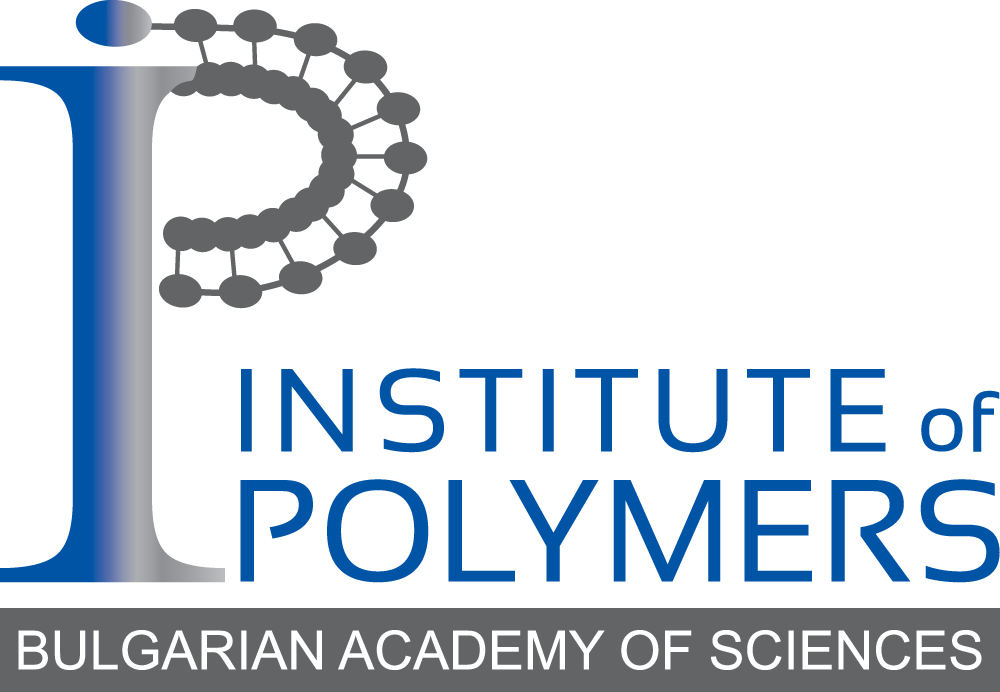
Fluorogenic Nanostructured Biocompatible Polymer Materials for Nucleic acids Analysis-PolyFluorNA
Project KP-06-N89/3-2024
Coordinator:
Assoc. Prof. Aleksey Aleksandrov Vasilev, PhD
Base organization:
Sofia University “St. Kliment Ohridski”, Faculty of Chemistry and Pharmacy
Partner organization:
Institute of Polymers – Bulgarian Academy of Sciences
IP-BAS team leader:
Prof. Petar Dimitrov Petrov
Start:
05.12.2024
Duration:
36 months
Abstract:
The fast development of the biomedical equipment for analysis and diagnostics necessitates the discovery of new and much more sensitive reagents for the recognition of biological macromolecules. The recognition of nucleic acids from small organic molecules based on the changes in the fluorescence signal of the samples is well known. However, there is an urgent need for more sensitive organic materials with improved photophysical properties compared to the known ones, which will inevitably lead to an increase in the sensitivity and accuracy of the bioanalysis methods in which they are applied. The aim of the present project is the development of new fluorogenic biocompatible polymer materials for nucleic acid analysis. The tasks are related to the synthesis of new polymers and new dyes, generating fluorescence only in contact with the corresponding nucleic acids and subsequent elucidation of their photophysical properties. As a result of the planned syntheses and research, we expect to obtain organic dyes, biocompatible polymers, functionalized polymer membranes and polymeric nanomaterials with improved photostability, low toxicity and higher selectivity towards certain nucleic acids and cell organelles. The most appropriate fluorogenic polymer materials will be applied in bulk for nucleic acids detection and in vitro in fluorescent confocal microscopy of cells for visualization of intracellular compartments. The implementation of this project will contribute to the acquisition and exchange of knowledge and experience in various disciplines, such as heterocyclic chemistry, dyes, biocompatible polymers, natural products, molecular biology and will support the efforts of academics to solve problems important to nanomedicine and biomedical sciences. The planned activities will contribute to the development and expansion of the individual skills and experience of the scientists participating in the project, as well as to increase the research potential of the engaged research organizations.



